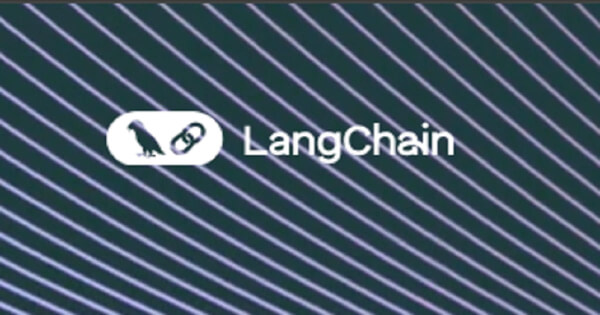Luisa Crawford
Sep 26, 2024 10:11
Tradestack, a UK startup, launched their MVP in just 6 weeks using LangGraph Cloud, enhancing efficiency in trades businesses.
Tradestack, a UK-based startup, has successfully launched its Minimum Viable Product (MVP) in just six weeks, leveraging LangGraph Cloud to enhance efficiency in trades businesses, according to LangChain.
The Problem: Creating Quotation for Trades Businesses
Trades businesses often struggle with the time-consuming process of generating project quotes. Tasks such as analyzing floor plans, estimating effort, and crafting professional documents can take up to 10 hours for a single project. Tradestack identified this as a key pain point and aimed to reduce the time required for creating quotes to under 15 minutes.
MVP: WhatsApp Assistant for Automated Quotes
Tradestack’s MVP focuses on automating the quotation process for painting and decorating projects using a WhatsApp-based assistant. LangGraph Cloud enabled Tradestack to design cognitive architectures that handle various input types (voice, text, images, documents) while maintaining accuracy and personalization in client quotes.
Given the widespread adoption of WhatsApp, particularly among non-tech-savvy users, Tradestack chose it as their primary interface. This required reliable processing of diverse inputs and sometimes necessitated user or expert clarifications.
Challenges and Solutions
Developing an AI agent system that consistently performs well with diverse inputs was challenging. Issues included the variety of user inputs, different starting and ending points for users, and inconsistencies in planning or routing by an LLM node. Tradestack aimed to build an MVP that balanced capability, versatility, and reliability.
LangGraph was instrumental in overcoming these challenges. Tradestack used LangGraph’s intuitive framework to design reasoning and memory flows tailored to user needs. LangGraph Cloud allowed rapid iteration, adding multimodal inputs to deliver high-quality outputs.
Rapid Iteration with LangGraph Studio
Tradestack experimented with personalized reasoning, tailoring the process to user preferences. By leveraging configuration variables, they customized instructions and pathways in their cognitive architecture. This flexibility allowed them to balance input modalities and reliability.
Using LangGraph Templates and LangGraph Studio, Tradestack quickly identified flaws, iterated on their design, and improved performance. Access to LangGraph Studio saved two weeks of internal testing time.
Deploying with LangGraph Cloud
Once the MVP was ready, Tradestack seamlessly deployed it using LangGraph Cloud. This platform handled deployment, monitoring, and revisions, allowing Tradestack to focus on refining their AI agent. LangSmith tracing was integrated for easy review and evaluation of each run.
LangSmith also helped identify performance gaps. By setting up node-level and end-to-end evaluations, Tradestack experimented with different models for the planning node, optimizing performance.
UX Considerations with Streaming Modes
To create a user-friendly experience on WhatsApp, Tradestack controlled the amount of information streamed to users, using LangGraph’s flexible streaming options to display only key messages. An aggregator node combined outputs from various steps, providing a consistent tone in communications.
Human-in-the-loop interventions were crucial for handling edge cases, ensuring user needs were met without compromising the experience.
Conclusion
Looking forward, Tradestack plans to deepen their integration with LangSmith for fine-tuning datasets and expand their agent’s capabilities. They aim to explore voice agent UX, agent training modes, and further integration with external tools, ensuring their AI solution continues to evolve and provide value to users.
You can learn more about Tradestack’s mission and how to get started with LangGraph Cloud.
Image source: Shutterstock














